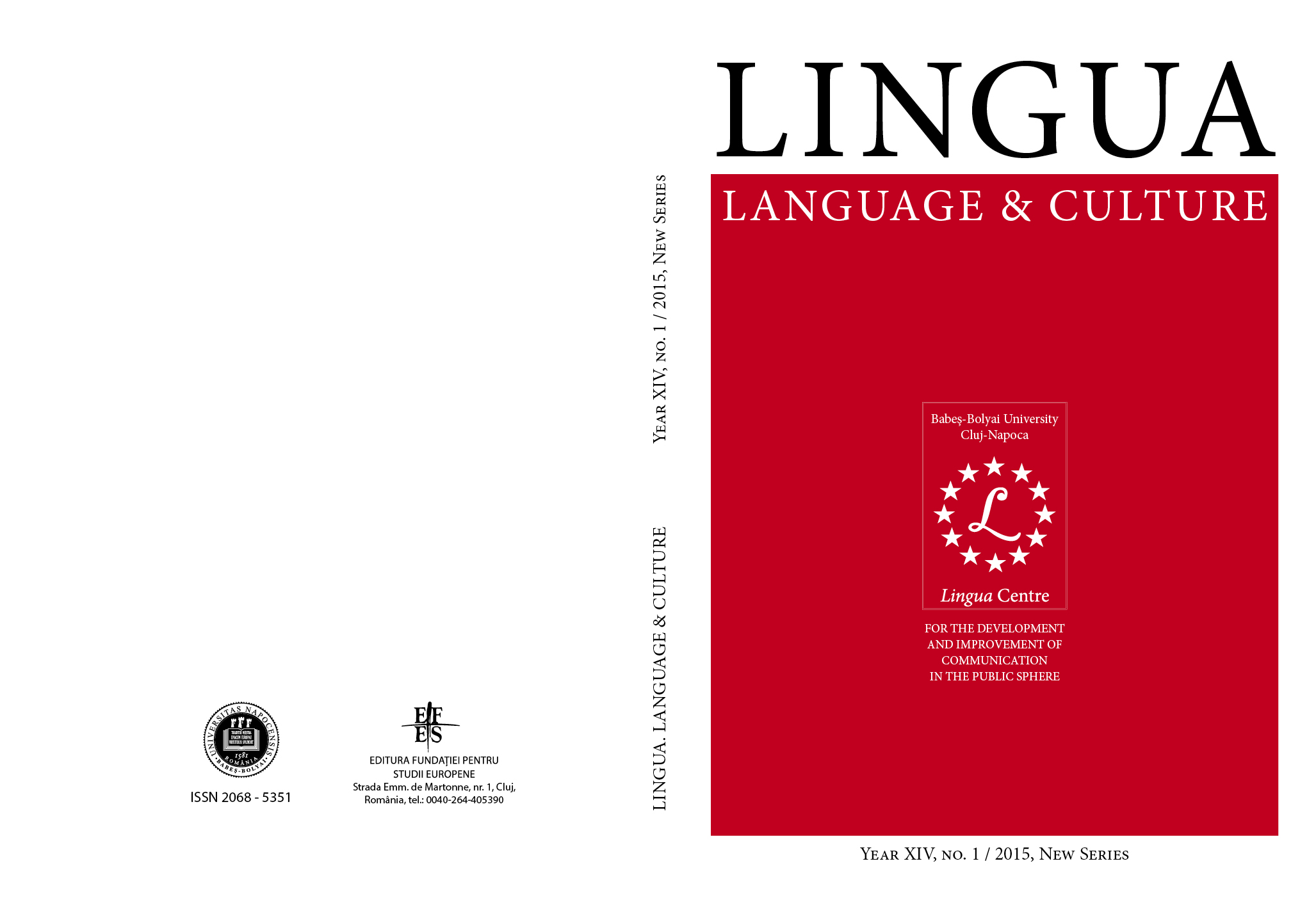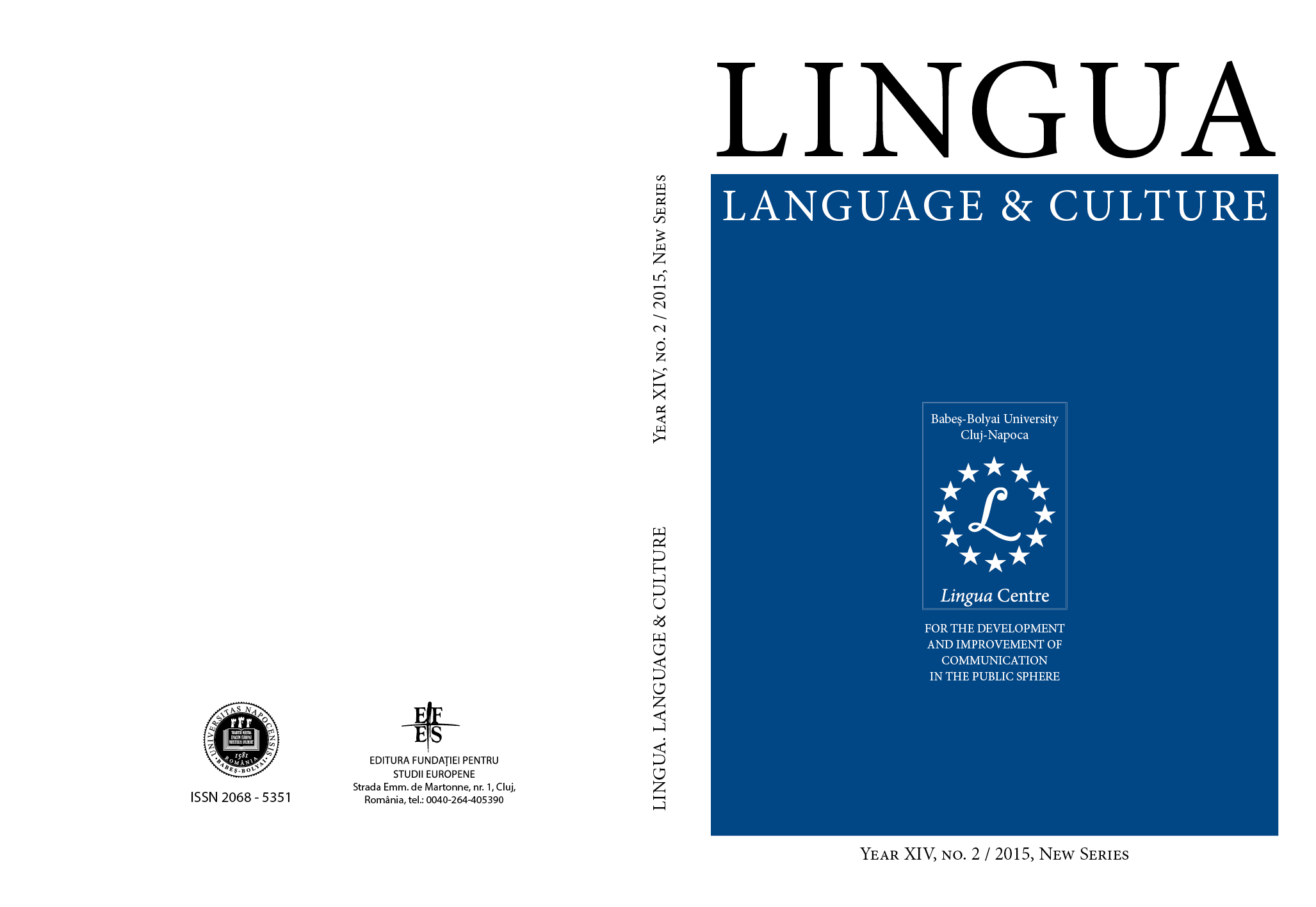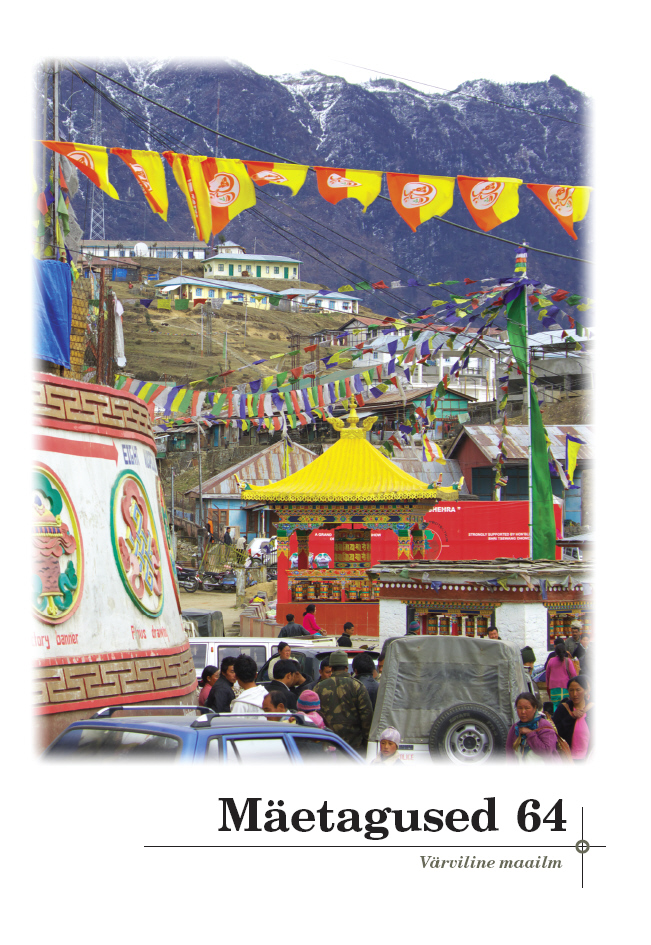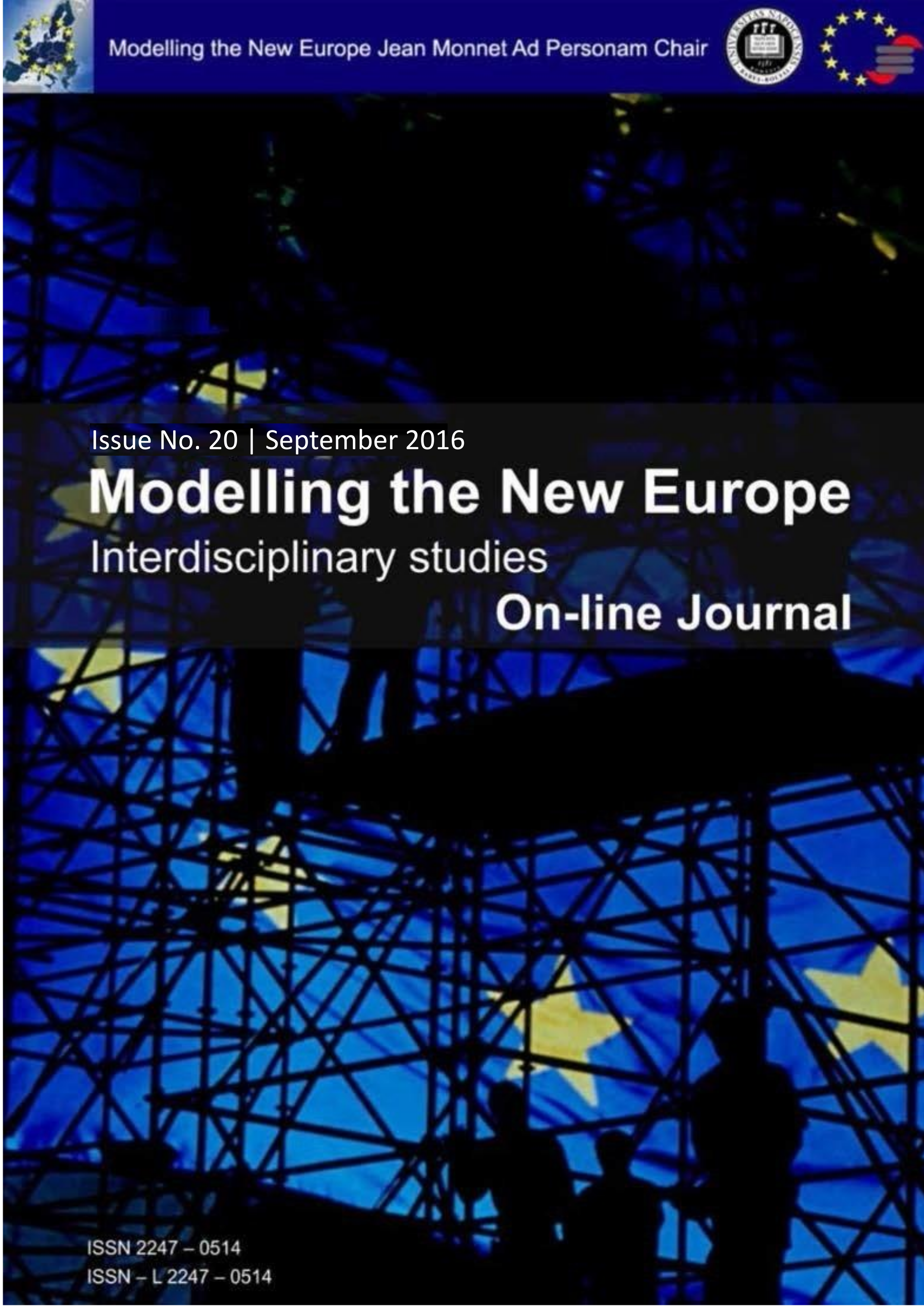
Tolerance in real and fictional world - an elliptical approach
La tolérance dans le monde réel et fictionnel – une approche elliptique
Keywords: Tolerance; intolerance; ellipsis; attacks; violence; consensus; boards; frustration; recovery
In this paper, we argue that tolerance and intolerance are elliptical terms because they have the same referent but one can have a different vision towards it. We consider that tolerance and intolerance are sometimes interchangeable terms – what is tolerant for one party can be intolerant for another party. The recovery of the ellipsis is possible only by a dual approach to the same referent, sometimes perceived as a negative aspect, sometimes as a positive one. We envisage the reading of the novels in which intolerance is the main topic, as a possibility of learning to be tolerant, but again, this is an elliptical possibility because the borders between these aspects are still maintained, Tahar Ben Jelloun introducing only a part of what tolerance-intolerance is. We believe that consensus is the key and that the writers who take into consideration only one aspect of the phenomenon do not owe it. We are trying to answer questions such as: Is there a border between tolerance and intolerance? If one is tolerant, does this necessarily imply tolerance for the intolerant, too?
More...


